
THE government has proposed an increase in some levies and taxes to enable it to mobilise more money to finance planned programmes for the 2019 fiscal year, service energy sector debts and improve service delivery.
They include a 21 per cent upward adjustment in the Road Fund Levy, the Energy Debt Recovery Levy and the Price Stabilisation and Recovery Levy.
Others are an increase of the Communication Service Tax (CST) tax to 9 per cent from 6 per cent and a raise of the Energy Sector Levies by 20 pesewas per litre for petrol and diesel and 8 pesewas per kilogramme for Liquified Petroleum Gas.
However, the government announced the withdrawal of the controversial Luxury Vehicle Levy introduced last year, following suggestions from the general public.
"Government in 2018 introduced the Luxury Vehicles Levy to raise revenue. We have noted suggestions from the general public on the implementation of this tax and Mr. Speaker, as a listening Government, we are proposing to the House, the withdrawal of the levy. We will continue to improve compliance, expand the tax net and explore other innovative sources of raising revenue."
The Minister of Finance, Ken Ofori- Atta made these proposals when he presented the Mid-Year fiscal policy review of the 2019 Budget statement and the Supplementary estimates of the government in Parliament yesterday.
The proposed revenue measures, he said were to boost existing measures "to ensure that the revised domestic revenue target for 2019, which is some GH?8.3 million below the original Budget projection, is not compromised."
He said the revised total revenue and grants was GH¢58.9billion, 0.01 percentage point lower than the original 2019 Budget estimate of GH¢58,904.9 million.
Justifying the need for the increase of the Communication Service Tax (CST) that is levied on charges payable by consumers for the use of communication services, Mr Ofori- Atta said it would aid the improvement of service delivery.
He explained that it would help develop the foundation for the creation of a viable technology ecosystem in the country, including putting in systems to identify and combat cybercrime and protect users of information technology to combat money laundering and other financial crimes
"The increase will not be earmarked, however, the sharing ratio will be adjusted in such a manner that the national youth employment programmes continue to receive the same proportions as they are currently receiving" he said.
On the proposed increase of the Energy Sector Levies, the Finance Minister said it was "to increase the inflows to enable Government issue additional bonds to pay down our energy sector debt obligations."
He recalled that the government in 2017 issued the Energy Sector Levy Act (ESLA) Bond, which had currently raised almost GH¢6 billion on the back of ESLA levies to pay for legacy debts.
The bond proceeds, he said were used to liquidate approximately 60 per cent of the energy sector legacy debts.
On the proposed withdrawal of the Luxury Vehicle Levy, Mr Ofori-Atta said "we will continue to improve compliance, expand the tax net and explore other innovative sources of raising revenue."
Per the vehicle luxury levy ,vehicles with engine capacity of 2950 to 3549 Cubic Centimetres ( cm3) were to pay GH¢1,000, while those with engines between 3,550 to 4049 cm3pay GH¢1,500 with engine capacities above 4049cc to pay GH¢2,000.
The government raked in about GH¢21.3 million from the levy between August and December last year, per provisional fiscal data on public finances for last year.
The figure was GH¢82.7 million or 79.52 per cent below the GH¢104million that was projected to be collected within the period as announced in last year's mid-year budget review.
Read Full Story

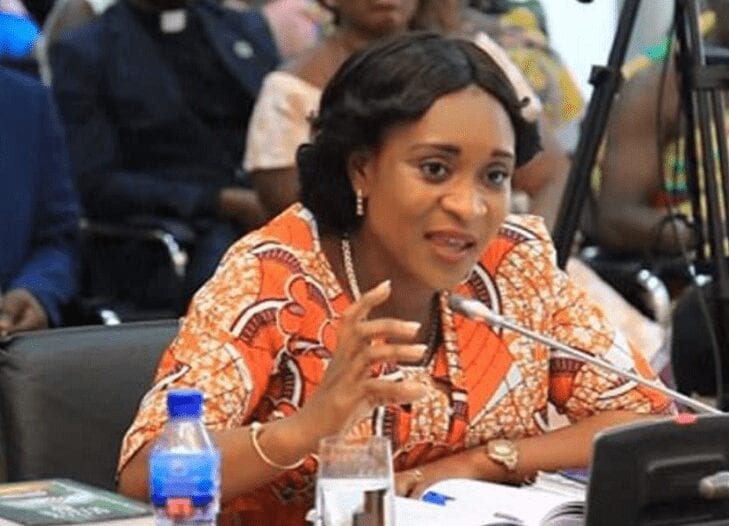
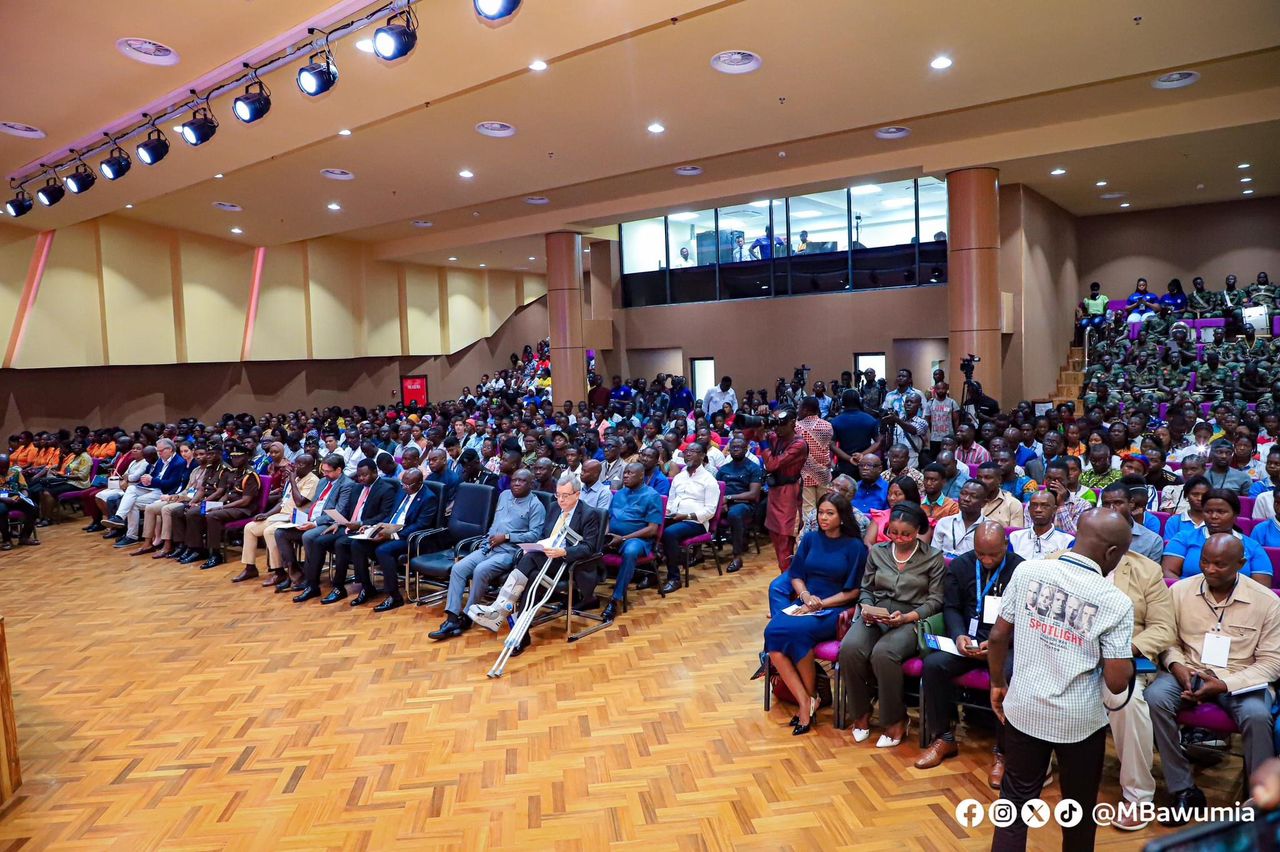

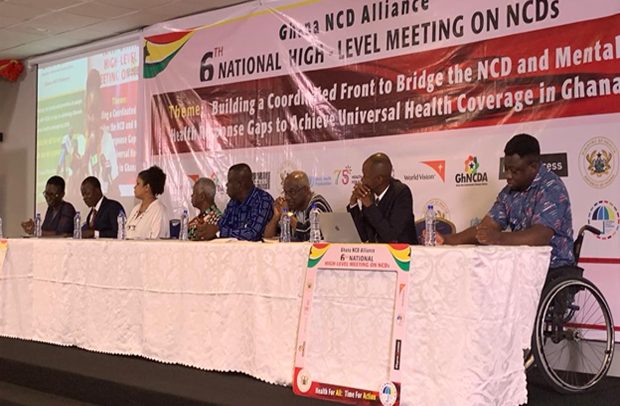
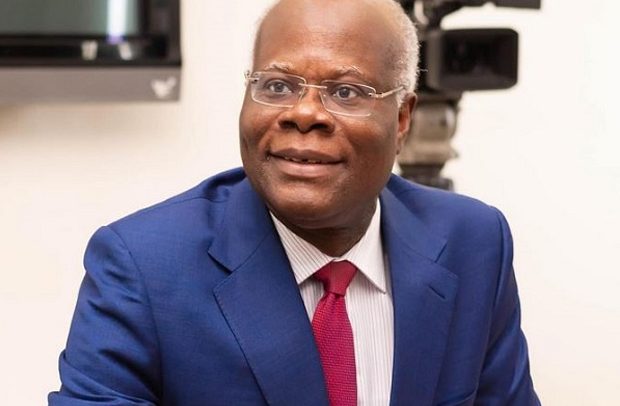



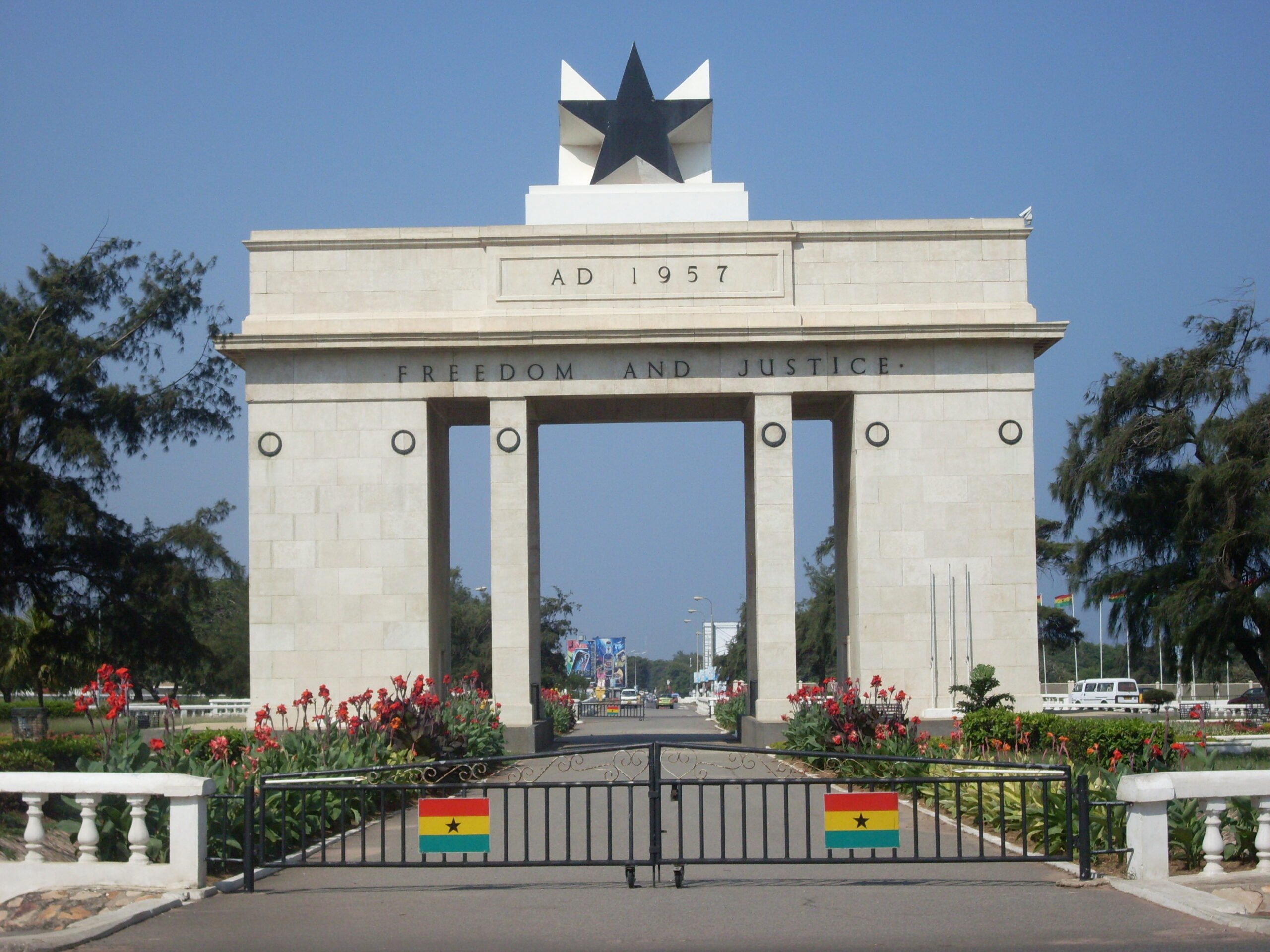


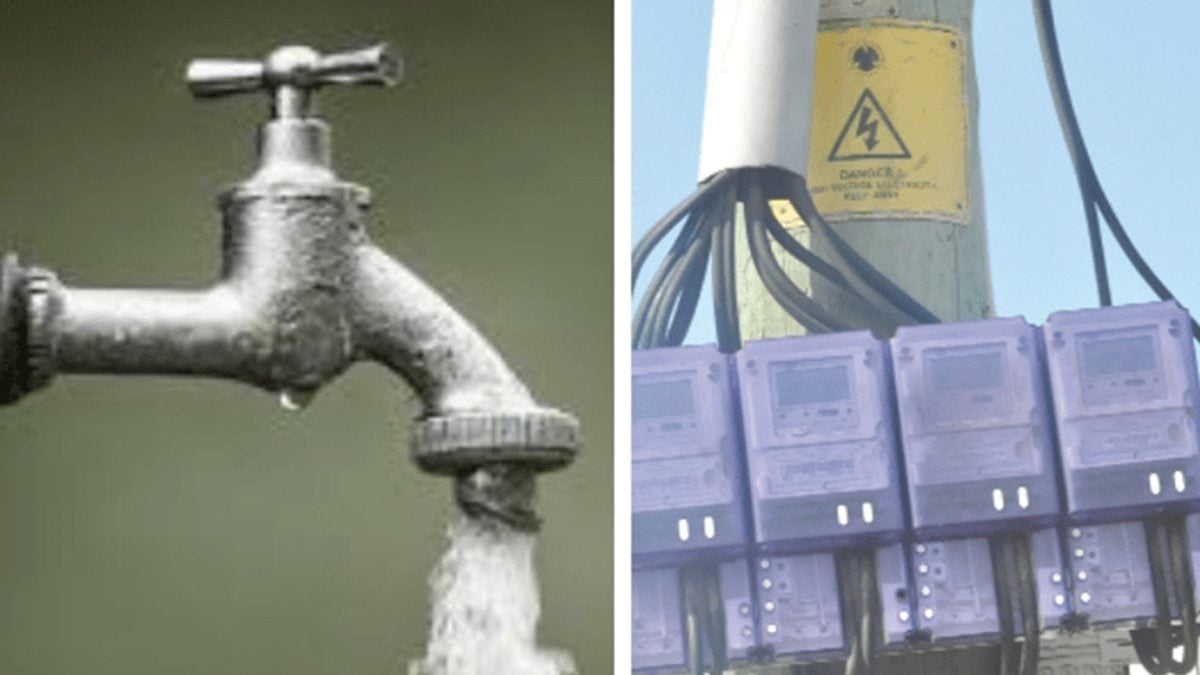







Facebook
Twitter
Pinterest
Instagram
Google+
YouTube
LinkedIn
RSS